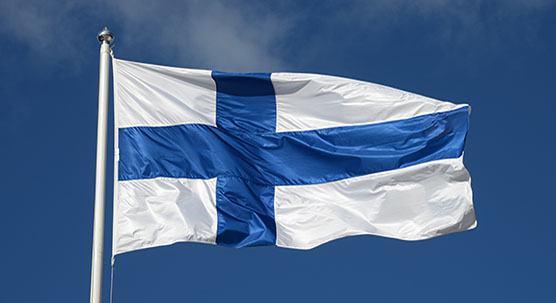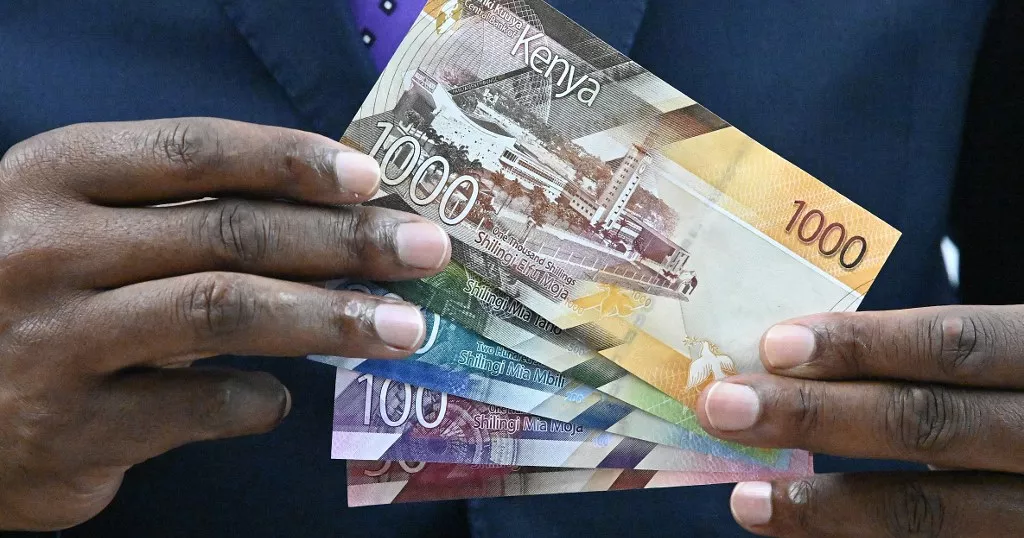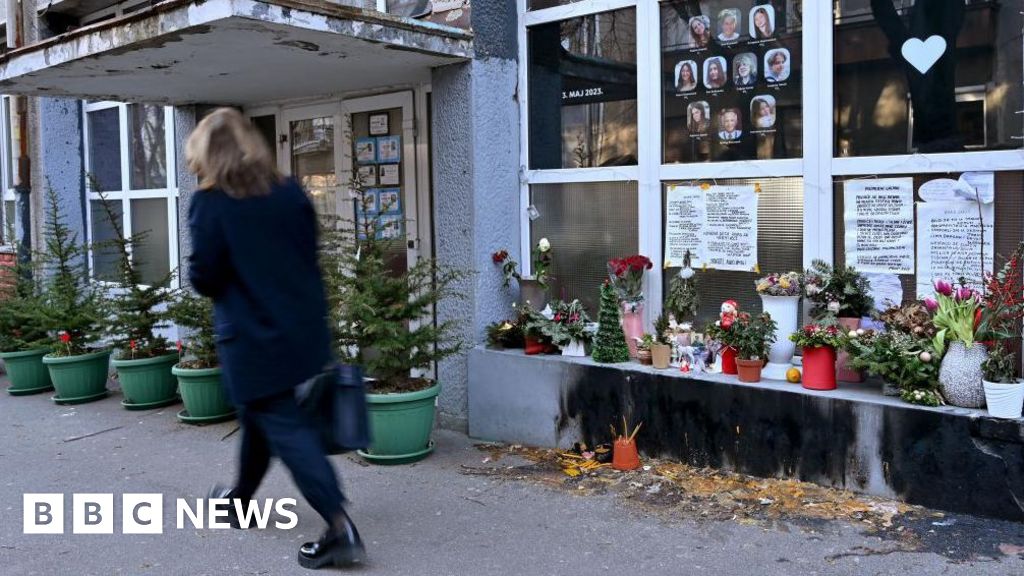Place your adverts here on InfoDig @ low rates; banner ads, sponsored links and guest articles etc. Contact us
A consortium of South Korean investors is set to establish four 100,000-barrel capacity refineries in Nigeria, according to an announcement by the Federal Government on Tuesday.
The Minister of State for Petroleum Resources (Oil), Heineken Lokpobiri, revealed this at the inaugural summit of the Crude Oil Refineries Owners Association of Nigeria in Lagos. He noted that the government is actively encouraging refinery development by creating a favorable environment for investors.
Lokpobiri shared that the consortium, whose name was not disclosed, recently received approval to proceed with the project, which will see refineries constructed at four different locations across Nigeria.
“We are fostering investment in refineries by maintaining an open environment,” Lokpobiri stated. “A recent approval was granted to bring a consortium of South Korean investors into Nigeria to build four 100,000-barrel refineries.”
The minister emphasized that the government is adopting a public-private partnership model to attract more investment in the midstream and downstream oil and gas sectors, which will encourage the development of both modular and large-scale refineries.
Lokpobiri highlighted that the Federal Government is also open to equity investments in modular and other emerging refineries as part of efforts to ensure energy security. He added that the Nigerian Upstream Petroleum Regulatory Commission has implemented domestic crude supply obligation guidelines to enhance transparency and secure feedstock for local refineries.
To support local refinery operations, Lokpobiri stated, “We are working closely with stakeholders to ensure the effective implementation of the Modular Refinery Committee’s recommendations, providing special concessions to local refinery owners to guarantee consistent feedstock supply.”
He also reaffirmed the government’s commitment to fully deregulating the downstream sector, emphasizing plans to introduce frameworks that will mitigate the impact on low-income citizens. Additionally, he pointed out that the ministry is easing access to tax exemptions on refinery equipment imports, aiming to position Nigeria as a self-sufficient petroleum producer and a refining hub for Africa.
Lokpobiri mentioned that the Petroleum Industry Act (PIA) created the National Gas Infrastructure Fund, which is funded by domestic petroleum product sales. He suggested that a portion of this fund be allocated to support refinery infrastructure development, similar to what is being done in the gas sector.
“We intend to review the PIA to enable this,” he said, urging the Crude Oil Refineries Owners Association of Nigeria (CORAN) to advocate for the change. He further outlined plans for refinery-related manpower training and knowledge transfer partnerships through organizations like the Petroleum Technology Development Fund and the Nigerian Content Development and Monitoring Board.
Lastly, Lokpobiri announced plans to introduce an apprenticeship program in partnership with existing refineries to build local expertise and combat crude oil theft and illegal refining. An international emergency committee has been established to develop home-grown solutions to improve local refining capabilities.

 4 hours ago
32
4 hours ago
32











![Nigerians React As Speed Darlington Regains Freedom After Arrest By Burna Boy [Video]](https://media.kanyidaily.com/2024/10/09111021/Speed-Darlington-1.jpg)


 English (US) ·
English (US) ·